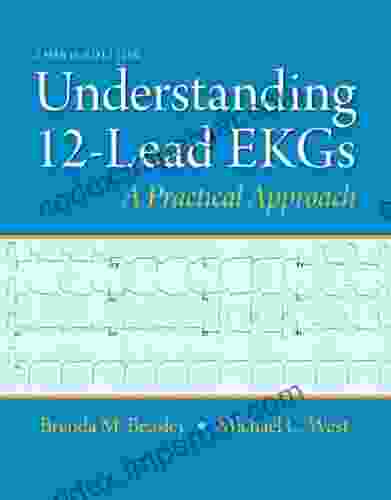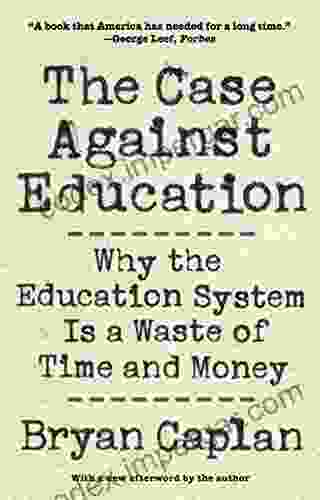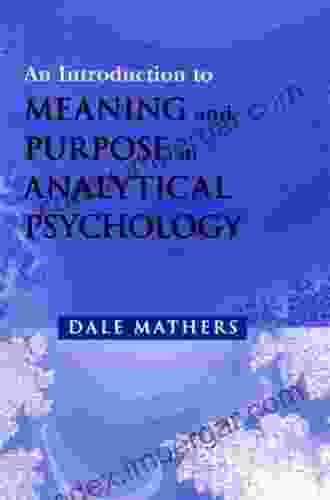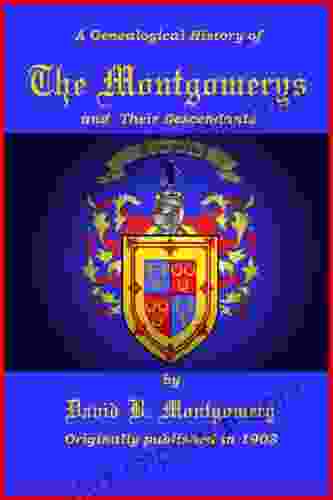: Redefining the Landscape of Genealogy
Genealogy, once considered a static exploration of ancestral lineages and family history, has undergone a profound transformation in recent years. With the advent of critical theory, the study of genealogy has expanded beyond its traditional confines to embrace a dynamic and multifaceted approach that challenges established notions of identity, memory, and power. In his groundbreaking work, "The Futures of Genealogy: Deconstruction and Politics," Nikolas Rose delves into this evolving landscape, offering a provocative and insightful exploration of the role of genealogy in contemporary society.
5 out of 5
| Language | : | English |
| File size | : | 903 KB |
| Text-to-Speech | : | Enabled |
| Screen Reader | : | Supported |
| Enhanced typesetting | : | Enabled |
| Print length | : | 261 pages |
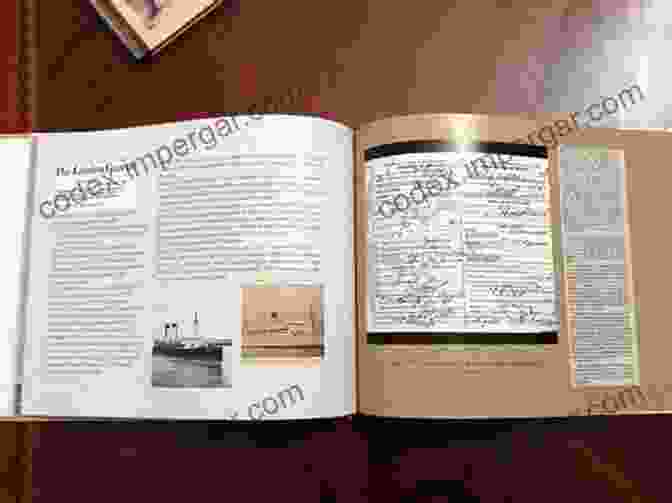
Deconstructing the Foundations of Genealogy
Rose argues that genealogy, as it has been traditionally practiced, has often been complicit in perpetuating dominant narratives and reinforcing social hierarchies. He points to the ways in which genealogies have been used to establish and maintain lineages of power, to legitimize political regimes, and to exclude marginalized groups. By employing deconstruction, Rose aims to dismantle these underlying assumptions and expose the power relations inscribed within the genealogies we create.
Genealogy as a Political Tool
Rose contends that genealogy is not merely a neutral tool for tracing one's ancestry but an inherently political act. He demonstrates how genealogies can be strategically deployed to shape identities, justify actions, and influence social outcomes. By understanding the political dimensions of genealogy, we gain the ability to engage critically with the narratives that shape our own lives and the world around us.
New Directions in Critical Genealogy
Building on these insights, Rose outlines several new directions for critical genealogy, including:
- Decolonizing Genealogy: Challenging the Eurocentric biases inherent in traditional genealogy and embracing diverse perspectives from marginalized communities.
- Queering Genealogy: Exploring the ways in which genealogies can disrupt heteronormative narratives and celebrate the fluidity of gender and sexuality.
- Interdisciplinary Genealogy: Drawing upon insights from disciplines such as sociology, anthropology, and history to enrich and deepen our understanding of genealogy.
- Digital Genealogy: Navigating the complex implications of digital technologies on the construction and dissemination of genealogies.
: Genealogy in the 21st Century
In "The Futures of Genealogy: Deconstruction and Politics," Nikolas Rose offers a profound and timely re-examination of the field of genealogy. By deconstructing its foundations and exploring its political dimensions, he opens up new avenues for critical inquiry and empowers us to actively shape the genealogies that will shape our future. As the world continues to grapple with issues of identity, diversity, and power, a nuanced understanding of genealogy becomes more crucial than ever.































































